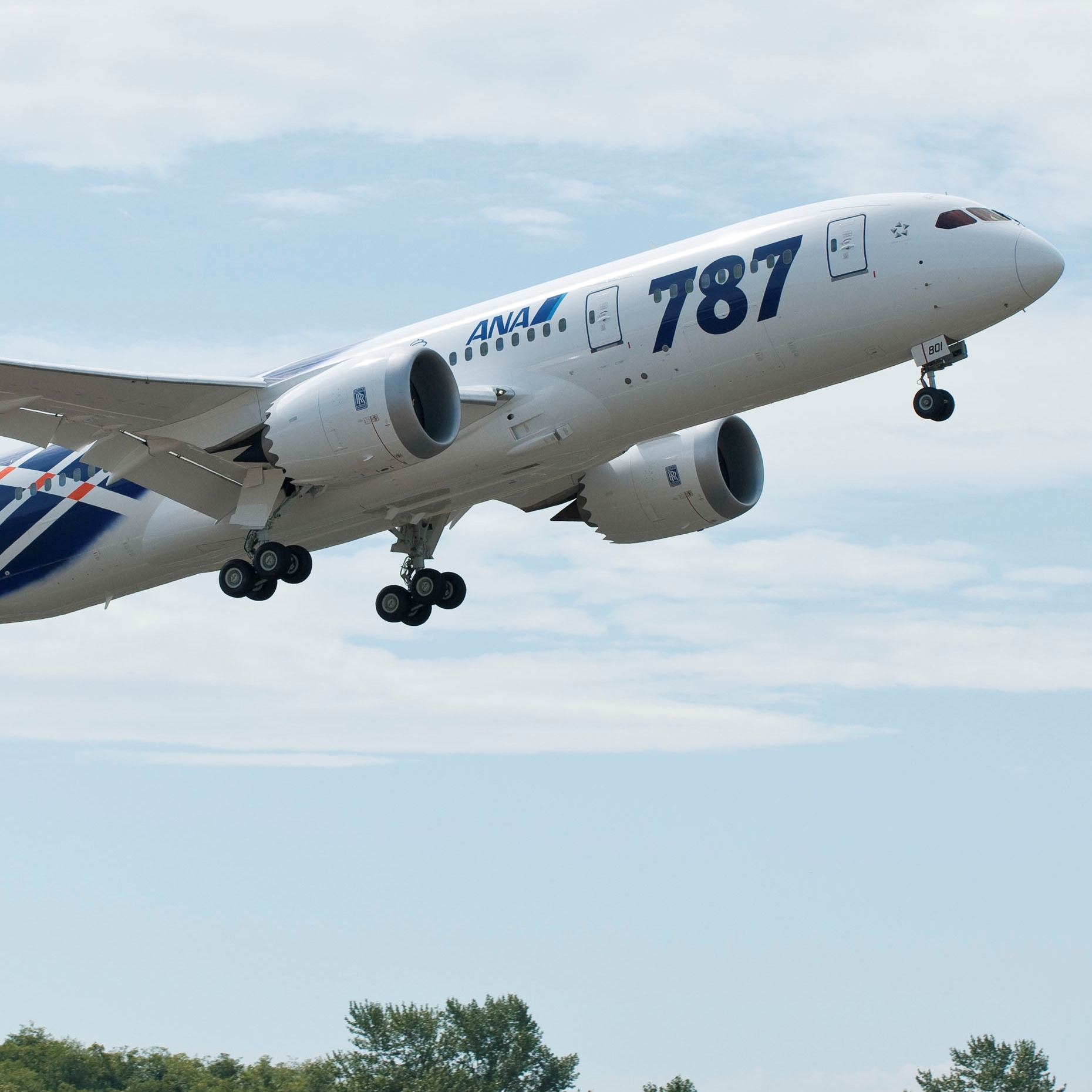
For the first quarter of 2016, the worst performing stock in the Dow Jones Industrial Index was Boeing Co. (NYSE: BA), down 12.2%. In the first two months of the second quarter, the shares have come back a little to trade down about 10.6% for the year to date. From the stock’s 52-week high posted in November, the shares have dropped 14.2% as of Friday’s close.
New orders got a boost last week with an order from Vietjet for 100 737s, but new orders for the company’s more lucrative wide-bodies — 777 and 787 — total just 24 for the year through May 24. Competition in the wide-body market from Airbus has intensified and competition in the market for narrow-bodies has led to steep price cuts.
Discounts for the 787 are near 50% from list prices and discounts for 737s exceed 50%. Slower orders threaten Boeing’s cash flow, which the company has projected will be around $10 billion in 2016. Because that is the metric by which the company wants to be valued by investors, anything that endangers cash flow is anathema to shareholders.
On Friday Boeing announced a delay to delivery dates for its KC-46 tanker. The company has already charged off $1.2 billion against the program in 2016, and the new delays, even if they don’t result in new charges, could have an impact on cash flow.
Boeing also has embarked on a cost-cutting program that will result in the loss of 4,000 jobs in Washington through attrition and voluntary retirements. When those cuts were announced in April, the share price fell as investors worried that the cuts would have a negative effect on cash flow.
The company’s deferred production costs for the 787 now total nearly $30 billion, and how Boeing can repay those costs at current competitive pricing levels is another concern. The 787 program has yet to turn a profit, and there are analysts who believe it never will. The company still has not sold all 1,300 planes in its accounting block for the program, which increases the company’s difficulties in repaying the deferred costs.
Slow growth in the global economy, new competition from Bombardier and others, and low fuel prices have all contributed to investor uncertainty about the company’s prospects. All these concerns add up to wariness about the stock and encourage investors to look elsewhere for returns.
Boeing’s stock closed Friday at $129.22, in a 52-week range of $102.10 to $150.59. The consensus price target on the shares is $145.94, and the high target is $196.00.
Take Charge of Your Retirement In Just A Few Minutes (Sponsor)
Retirement planning doesn’t have to feel overwhelming. The key is finding expert guidance—and SmartAsset’s simple quiz makes it easier than ever for you to connect with a vetted financial advisor.
Here’s how it works:
- Answer a Few Simple Questions. Tell us a bit about your goals and preferences—it only takes a few minutes!
- Get Matched with Vetted Advisors Our smart tool matches you with up to three pre-screened, vetted advisors who serve your area and are held to a fiduciary standard to act in your best interests. Click here to begin
- Choose Your Fit Review their profiles, schedule an introductory call (or meet in person), and select the advisor who feel is right for you.
Why wait? Start building the retirement you’ve always dreamed of. Click here to get started today!
Thank you for reading! Have some feedback for us?
Contact the 24/7 Wall St. editorial team.
